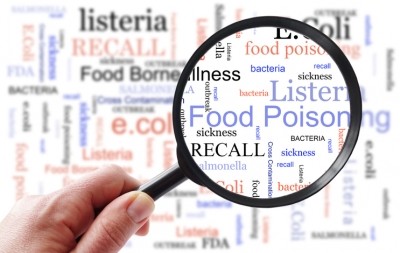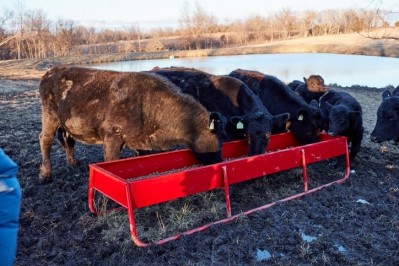Block producer Ridley asked to improve feed mixing process

Ridley Block Operations received a warning letter earlier this year from the US Food and Drug Administration (FDA) regarding an investigation conducted after nine cattle died.
The deaths of the cattle were attributed to urea toxicity after consuming a product the company made which contained high levels of non-protein nitrogen (NPN) said the FDA.
“We found that this animal feed manufactured at your facility was adulterated because it bears or contains an excessive amount of NPN, a poisonous or deleterious substance, which may render it injurious to health,” said the agency. “Furthermore, this product is misbranded because the labeling is false or misleading because it does not accurately describe the amount of NPN in the product.”
This batch of feed was voluntarily recalled in December 2016.
The company has since taken steps to address the issue, said an Alltech spokesperson on the matter.
“We have implemented a number of corrective measures and are confident that we have addressed the cause of last December’s recall,” the spokesperson told FeedNavigator.
Alltech completed its acquisition of Ridley in mid-2015.
Letter details
When inspecting the production facility, the FDA said it was able to confirm that the cattle feed made had included overly high levels of NPN.
“This feed was later identified by your facility as the cause of cattle deaths due to urea toxicity,” the agency said. “Sample results obtained by your facility for this lot of feed found levels of NPN at 31.1% and 30.5%.”
The ingredient is a common one in feeds for ruminants when used at lower levels, the agency said. “NPN at an excessive level that contributed to the death of animals renders the animal feed adulterated,” it added.
“The label for this product indicates a maximum of 16% equivalent crude protein from non-protein nitrogen,” said the FDA. “As a result, the animal feed is misbranded.”
Ridley has responded to the initial inspectional observations regarding the facility saying it has made changes including suspending production of some composite runs and that it had plans to install a “controlled batching system,” reported the agency. But more information was needed regarding the timelines involved for the changes made.
The company also was reminded that the items outlined in the warning letter might not have been the only violations and that Ridley is responsible for its compliance, said the agency. It was also told that it is now subject to Current Good Manufacturing Practice (CGMPs) requirements.
“Compliance with the CGMPs should reduce the likelihood that animal food from your facility is adulterated because it is contaminated, or because it was produced under conditions that could result in contamination,” the agency said. There are some regulations within the CGMPs that appear applicable to situation, it added.
Additionally, reviews done by state feed regulatory programs in Kentucky, Indiana and Virginia reportedly found other concerns, the agency reported.
“Sampling and analysis by the Kentucky, Indiana and Virginia state feed regulatory programs have identified numerous lots of product that have been sampled and found to contain nutrient levels outside (above and/or below) the analytical variations used by those states, which demonstrates that this misbranding may not be limited to a single product,” the agency said.








